Is Eurovision finally cool?
Many British fans of Eurovision speak enthusiastically about its tolerance and openness
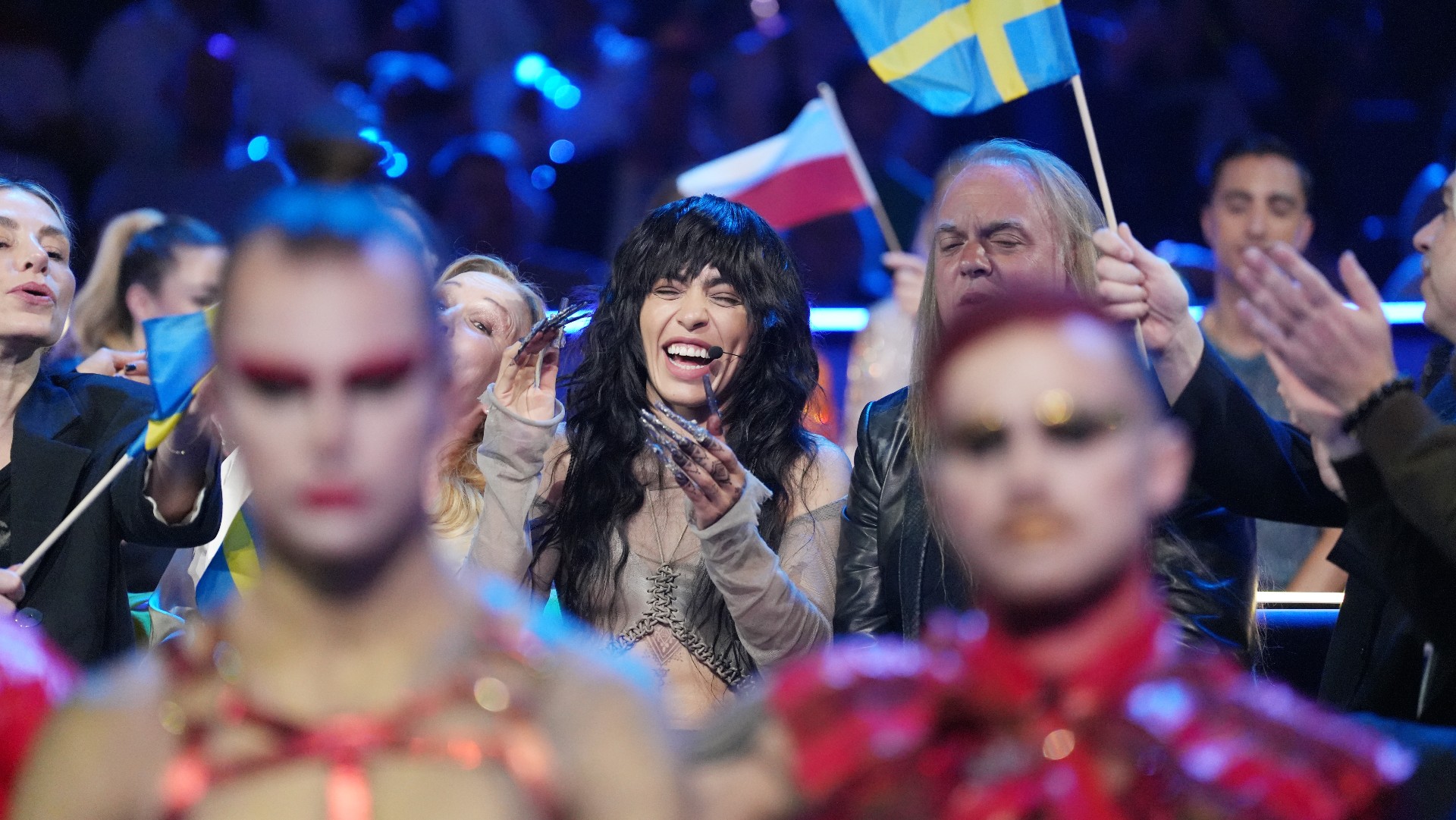
A free daily email with the biggest news stories of the day – and the best features from TheWeek.com
You are now subscribed
Your newsletter sign-up was successful
Vanessa Brown, from Nottingham Trent University, on Eurovision as a vehicle for promoting greater acceptance.
With an aesthetic dependent on novelty and spectacle, and a structure that’s both disjointed and drawn-out, Eurovision – for some – cannot fail to fail. In its “failed seriousness” (the phrase writer Susan Sontag used to describe “camp”), the song contest has all the exaggerated expressiveness that audiences associate with kitsch. So, how could it possibly be cool?
I’m interested in viewing the show through the lens of cool theory (which identifies different kinds of cool and breaks those down into core qualities). “Coolness” itself is a slippery and controversial term that can mean almost opposing things.
The Week
Escape your echo chamber. Get the facts behind the news, plus analysis from multiple perspectives.

Sign up for The Week's Free Newsletters
From our morning news briefing to a weekly Good News Newsletter, get the best of The Week delivered directly to your inbox.
From our morning news briefing to a weekly Good News Newsletter, get the best of The Week delivered directly to your inbox.
For some, “cool” is simply what is fashionable. It can also be a rebellion against what is fashionable. Or an anti-social attitude in which nothing and no one else matters beyond your own stylish persona.
Indeed Sam Ryder – the UK’s near-win Eurovision act of 2022 whose high energy performance combined epic, earnest vocals with flowing natural locks, pearly teeth and a bejewelled one-piece – told The Guardian in 2022 that cool is “the enemy”.
The profile of Ryder claimed he had no interest in the “detached rock star” exterior. This refers to the sense of unwillingness of “cool” musicians to have their dignity compromised by other people’s rules – an unwillingness to be caught making an effort.
But Eurovision is all about effort. A publicised drama of rehearsals and heats, nervous waving and nail biting in the green room – the performers are just generally far too eager. Because whether it’s death metal or pared back electronica, being liked is what these musicians are here for.
A free daily email with the biggest news stories of the day – and the best features from TheWeek.com
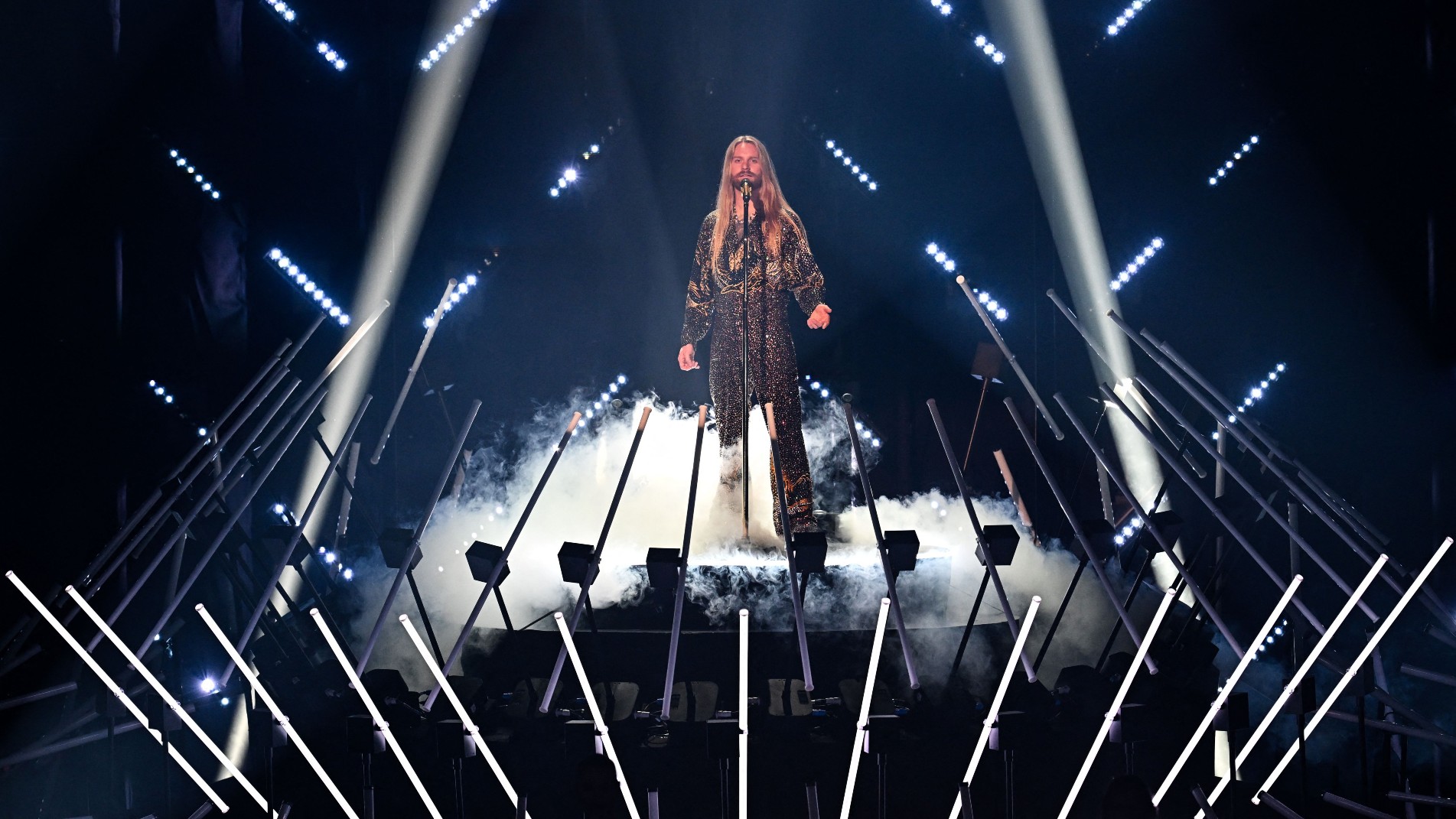
On the other hand, it’s hard to imagine the uber-cool 1960s krautrock band Can giving two hoots what a jury in Brussels would make of their genre-defining understated rock. Nor the jazz men Miles Davis, Charlie Parker or Lester Young, who set the parameters of cool performance with their sharp, formal attire and refusal to acknowledge the audience.
What kind of ‘cool’ is Eurovision?
Although the performers of Eurovision aren’t detached, the audience can be. Sociologist Janna Michael’s 2015 study of European urban hipsters revealed that the point of cool is not what is liked, so much as how it is liked. This goes some way to explaining Eurovision’s appeal.
Since the 1980s, Eurovision has been presented (certainly in Britain) as something to enjoy in a specifically detached way, through irony. From 1973 to 2008, former commentator Terry Wogan’s flippant narration allowed the audience to collude in a knowing superiority over the event, finding its failed seriousness funny.
The cult following of Eurovision among those with a camp sensibility was further endorsed by the appointment of comedian Graham Norton as Wogan’s more obviously camp successor.
Do these fans love Eurovision because they enjoy the catharsis of the unabashed release of “bad taste”? Or because they enjoy feeling superior to those people (and nations) who genuinely engage with the drama of the competition? This is a side of cool’s ironic detachment that celebrates disdain for others.
However, many British fans now speak enthusiastically about the tolerance and openness of Eurovision. As host Rylan Clark said this year: “Everyone is welcome.” In recent years Eurovision has become more obviously and consciously open to gender diversity and aligned to LGBTQ+ tastes.
This was crystallised by bearded Austrian drag queen Conchita’s winning performance in 2014. The drag makeovers given to all three semi-final hosts this year confirmed the contest’s status as a space which endorses self-creation, individuality and tolerance – all aspects of the cool attitude.
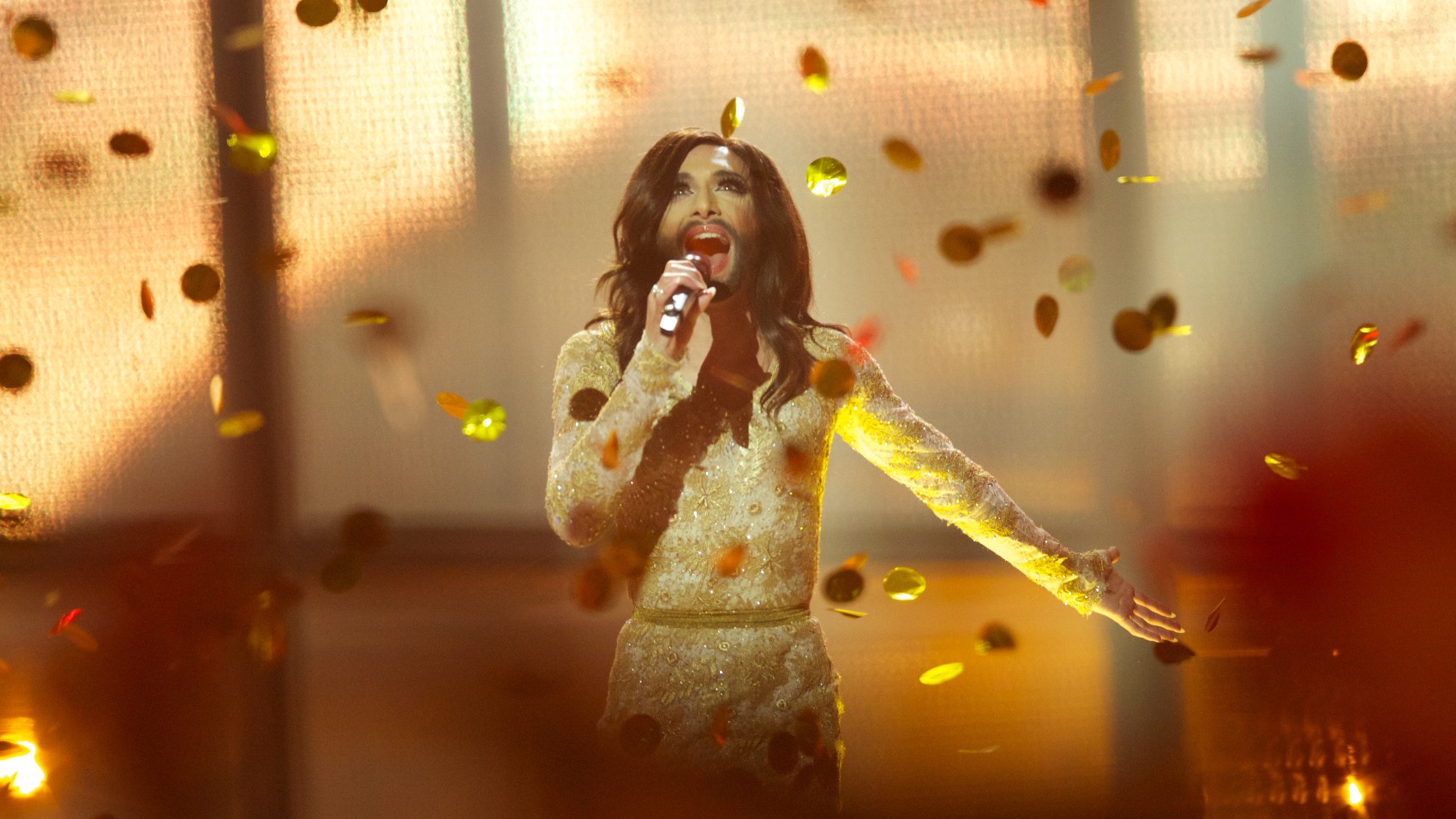
Becoming mainstream
In the past, scholars of the theory of coolness have often focused too heavily on men and masculine, emotionally blank forms of “cool”, with composure and self-possession at their heart. Though this brand of cool is eloquently expressed in jazz, it is also visible in the consummate performer of drag.
Thanks to the popularity of shows such as RuPaul’s Drag Race, drag – once enjoyed purely in LGBTQ+ subcultures – is now mainstream entertainment. This is perhaps one reason Eurovision has suddenly become perceived as “cool” by some. But experiences of exclusion and marginalisation have historically been the conditions in which modern cool has been forged.
The very fact that Eurovision has been viewed for decades as a cultural white elephant, a place of almost inconsequential melodrama, gives it the potential to be resurrected as cool.
Liking Eurovision was once an anti-mainstream position. This gave the show the potential to become “cool”, through both its exaggeration of qualities seen as undesirable by dominant social tastes, and its willingness to push the boundaries of convention, despite the detractors.
The concept of cool is complicated – and it is changing. Indeed, some recent studies have shown that perception of coolness is connected to activism and pro-social traits. Eurovision may seem like sparkly fluff, but perhaps now more than ever, it is also a vehicle for promoting greater acceptance of other ways of life. It’s all cool.
Vanessa Brown, Course Leader MA Culture, Style and Fashion, Nottingham Trent University
This article is republished from The Conversation under a Creative Commons license. Read the original article.
-
 Local elections 2026: where are they and who is expected to win?
Local elections 2026: where are they and who is expected to win?The Explainer Labour is braced for heavy losses and U-turn on postponing some council elections hasn’t helped the party’s prospects
-
 6 of the world’s most accessible destinations
6 of the world’s most accessible destinationsThe Week Recommends Experience all of Berlin, Singapore and Sydney
-
 How the FCC’s ‘equal time’ rule works
How the FCC’s ‘equal time’ rule worksIn the Spotlight The law is at the heart of the Colbert-CBS conflict
-
 Eurovision faces its Waterloo over Israel boycotts
Eurovision faces its Waterloo over Israel boycottsTalking Point Five major broadcasters have threatened to pull out of next year’s contest over Israel’s participation
-
 Eurovision 2024: how is politics playing out in Sweden?
Eurovision 2024: how is politics playing out in Sweden?Today's big question World's most popular song contest 'has always been politically charged' but 'this year perhaps more so than ever'
-
 Eurovision stars weigh politics and principles as calls for boycott over Israel grow
Eurovision stars weigh politics and principles as calls for boycott over Israel growUnder The Radar One of the biggest artistic competitions on Earth finds itself in the middle of a widening debate about if — and how — to address the ongoing war in Gaza
-
 How toxins, heavy metals and possibly radioactive polonium are found in vapes
How toxins, heavy metals and possibly radioactive polonium are found in vapesfeature Vapers don’t know what they’re inhaling and cannot be certain of the health impacts
-
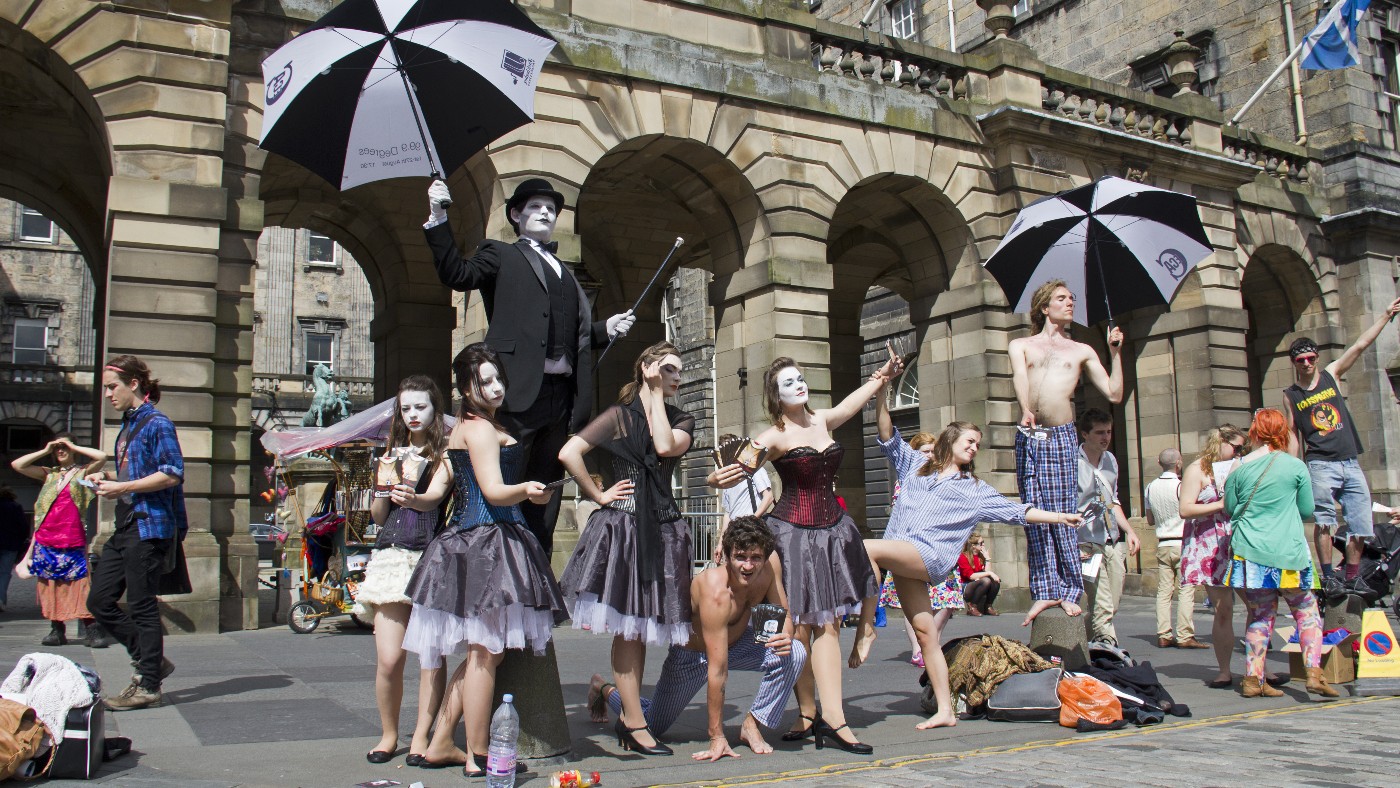 How to immerse yourself in the Edinburgh Fringe 2023
How to immerse yourself in the Edinburgh Fringe 2023feature Given the scale of the festival navigating the array of shows on offer can be a challenge
-
 Why schoolchildren are regularly being targeted by terrorist groups in many countries
Why schoolchildren are regularly being targeted by terrorist groups in many countriesfeature Attacks on schools seen as a good way to bring attention to a cause by armed groups
-
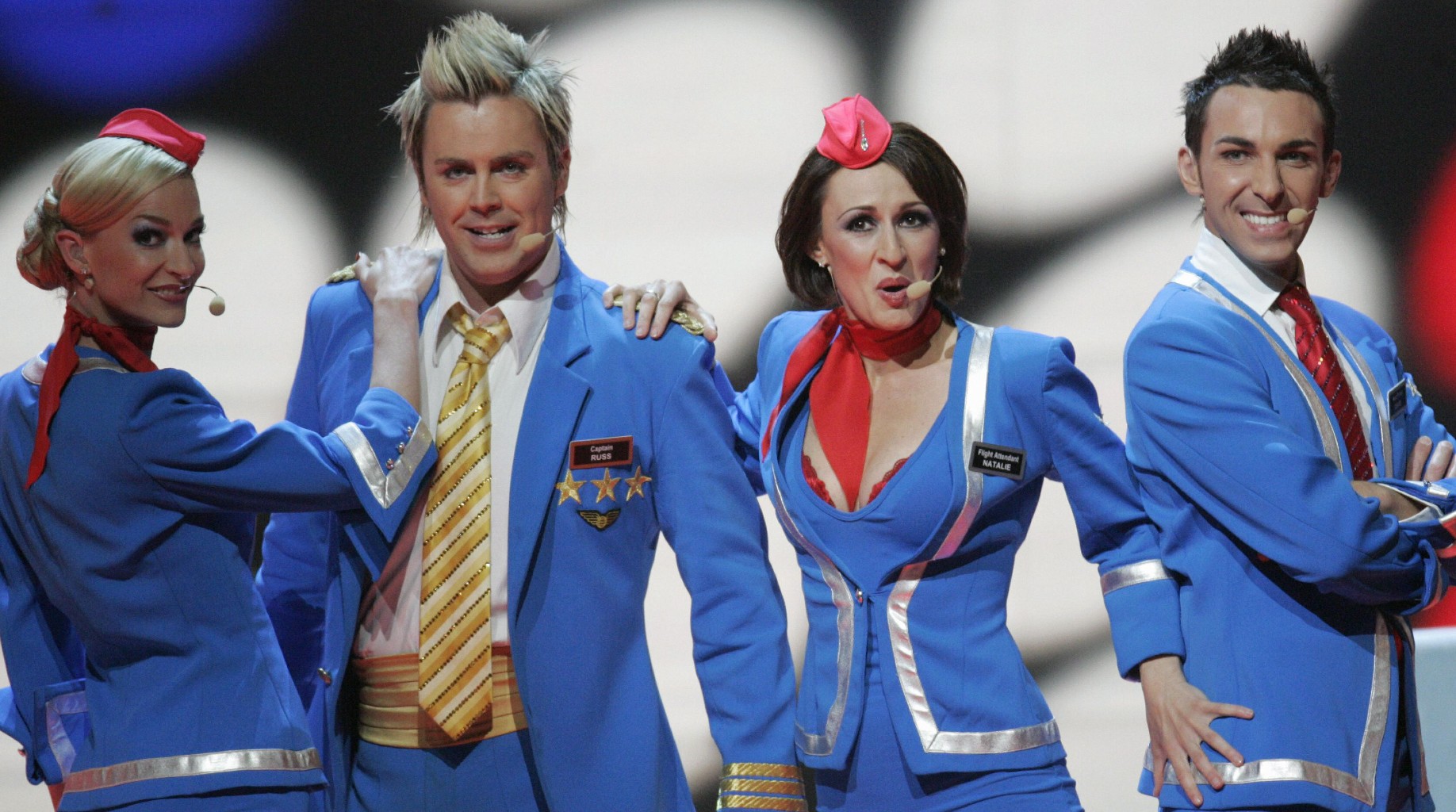 The weirdest Eurovision performances of all time
The weirdest Eurovision performances of all timeIn Depth All the weird – and wonderful – acts that have left Eurovision audiences stunned, from Windows95man to Dustin the Turkey
-
 BMW M3 Touring review: what the car critics say
BMW M3 Touring review: what the car critics sayfeature A sensational all-rounder, the car is ‘eye-wateringly, cheek-puffingly good to drive fast’